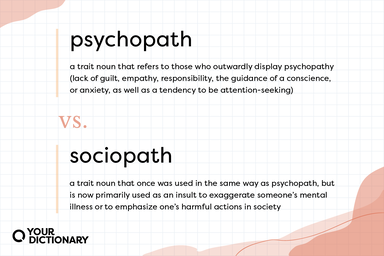Ill Definition
Not well; imperfectly, badly; hardly.
- Anxious or unsure; uneasy:
The stranger made me feel ill at ease.
- uneasy; uncomfortable
Other Word Forms of Ill
Noun
Adjective
Idioms, Phrasal Verbs Related to Ill
Origin of Ill
-
Middle English ille ‘evil, wicked’, from Old Norse illr (adj.), illa (adv.), ilt (noun) (whence Danish ilde), from Proto-Germanic *elhilaz, from Proto-Indo-European *h₁elḱ- (whence Latin ulcus ‘sore’, Ancient Greek hélkos ‘wound, ulcer’, Sanskrit árśas ‘hemorrhoids’).
From Wiktionary
Middle English from Old Norse īllr bad
From American Heritage Dictionary of the English Language, 5th Edition
Related Articles
Find Similar Words
Find similar words to ill using the buttons below.





